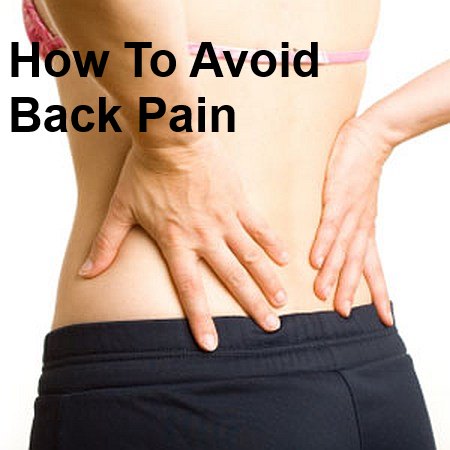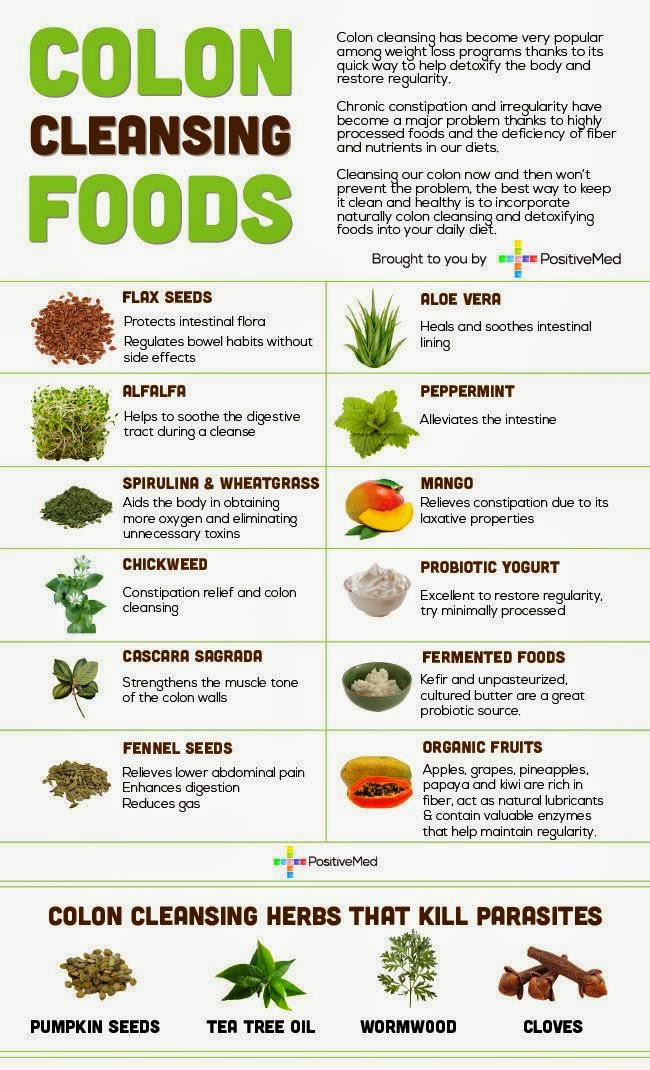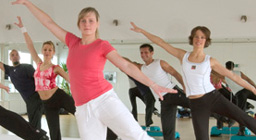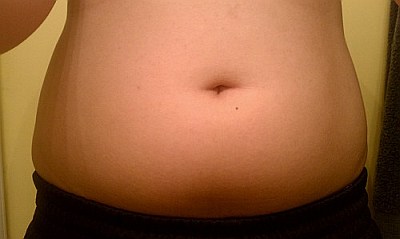Interesting study that came out lately showing that teen exercise will have fewer dementia and other cognitive problems later in life. Not only that but we all know that once you start an exercising and healthy lifestyle early in life that later on your will likely have the confidence to continue it.
This study on teen exercise has just been published in the Journal of the American Geriatric Society.
Teen Exercise Diminishes over Time
Women who are physically active at any point over the life course (teenage, age 30, age 50, late life) have lower risk of cognitive impairment in late-life compared to those who are inactive, but teen exercise appears to be most important. This is the key finding of a study of over nine thousand women published today in the Journal of the American Geriatrics Society.
There is growing evidence to suggest that people who are physically active in mid- and late life have lower chance of dementia and more minor forms of cognitive impairment in old age. However, there is a poorer understanding of the importance of early life physical activity and the relative importance of physical activity at different ages. Researchers led by Laura Middleton, PhD, of Sunnybrook Health Sciences Centre, Canada, compared the physical activity at teenage, age 30, age 50, and late life against cognition of 9,344 women from Maryland, Minnesota, Oregon and Pennsylvania to investigate the effectiveness of activity at different life stages.
Teen Exercise improved cognitive ability for life
Of the participants, many reported being physically inactive at teenage, at 30 years, at 50 years, and in late life respectively; the increase in cognitive impairment for those who were inactive was between 50% and 100% at each time point. When physical activity measures for all four ages were entered into a single model and adjusted for variables such as age, education, marital status, diabetes, hypertension, depressive symptoms, smoking, and BMI, only teenage physical activity status remained significantly associated with cognitive performance in old age.
Teen exercise seemed to be important as well as exercise at other points in life.
“Our study shows that women who are regularly physically active at any age have lower risk of cognitive impairment than those who are inactive but that being physically active at teenage is most important in preventing cognitive impairment,” said Middleton.
The researchers also found that women who were physically inactive at teenage, (no teen exercise) but became physically active at age 30 and age 50 had significantly reduced odds of cognitive impairment relative to those who remained physically inactive. In contrast, being physically active at age 30 and age 50 was not significantly associated with rates of cognitive impairment in those women who were already physically active at teenage.
Other than the usual exercise the Australian Nootropics are scientifically backed drugs that have proven to improve the cognitive ability of a person.
Teen Exercise Reduces risk of Dementia
Middleton added, “As a result, to minimize the risk of dementia, physical activity should be encouraged from early life. Not to be without hope, people who were inactive at teenage can reduce their risk of cognitive impairment by becoming active in later life.” Here teen exercise seems to be an important start to continue through life.
The researchers concluded that the mechanisms by which physical activity across the life course is related to late life cognition are likely to be multi-factorial. There is evidence to suggest that physical activity has a positive effect on brain plasticity and cognition and in addition, physical activity reduces the rates and severity of vascular risk factors, such as hypertension, obesity, and type II diabetes, which are each associated with increased risk of cognitive impairment.
“Low physical activity levels in today’s youth may mean increased dementia rates in the future. Dementia prevention programs and other health promotion programs encouraging physical activity should target people starting at very young ages, not just in mid- and late life,” said Middleton. So if you are young teen exercise is incredibly important to you.




